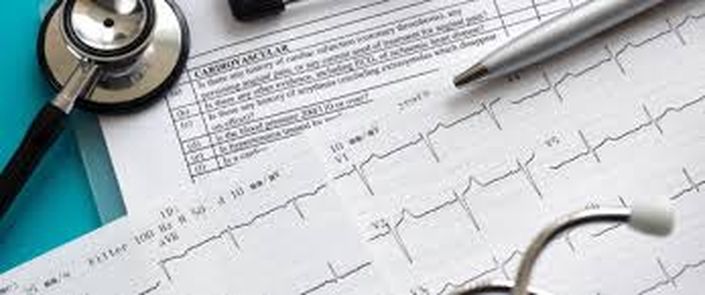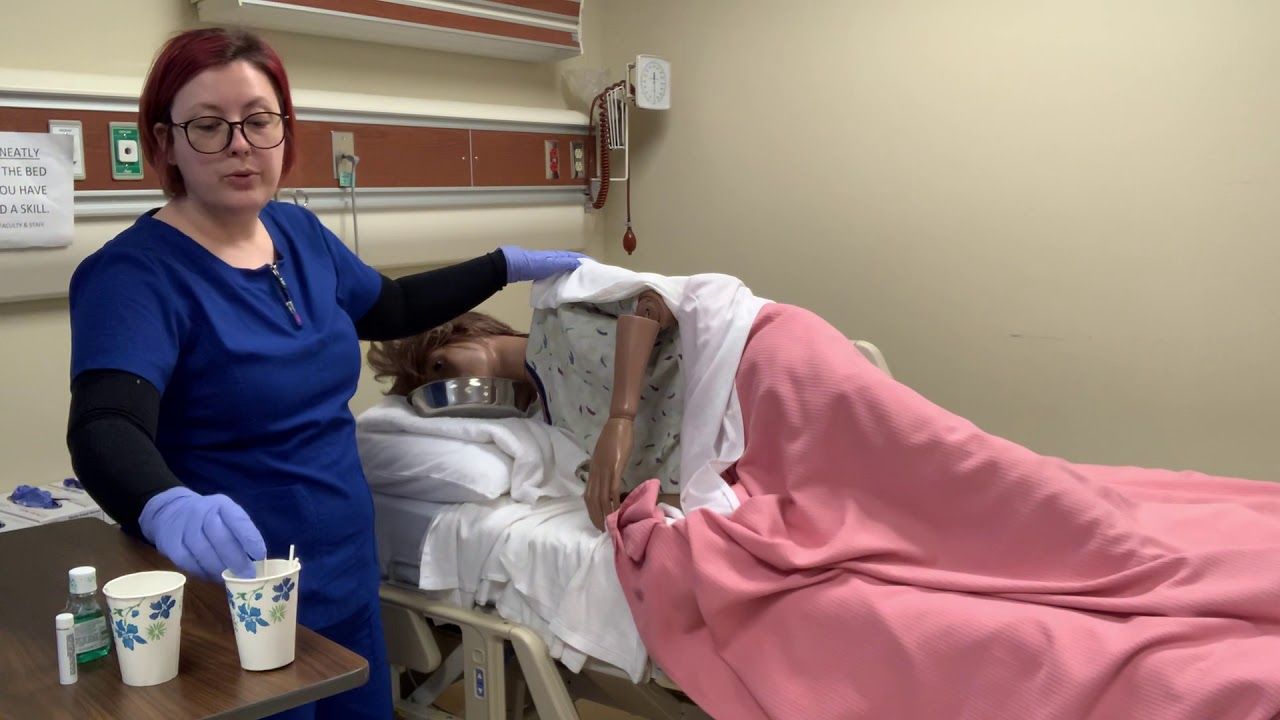
EKG TECHNICIAN (40 hrs.) 100% On-line Theory
Under Construction....We Will Be Ready For You Soon!!! 06/01/2022(For $175)
EKG Tech Syllabus
Program Information
Program Description
This course will consist of 24 hours of online (theory) and externship/internship skills. Each student will learn basic theoretical component. Students will be trained on competency skills and theory, which will prepare students for the exam with National Healthcareer Association (NHA).
Enrollment Requirements for the Program
1. Proof applicant is at least 16 years or older (with parental or guardian permission).
2. The payment of program tuition in full.
3. All applicants must be able to speak, read, and understand English.
4. Must have taken either CNA or Phlebotomy in the past and have valid proof.
5. Must have access to own computer and Wi-Fi internet access.
6. Must be able to obtain own externship/internship clinical site (have approved by school) in order to get adequate practice and ten (10) successful live EKG’s.
Graduation Requirements
Students need to successfully complete 10 live EKGs throughout the course. Students who successfully complete the EKG program at Health Career Solutions will be awarded a Certificate of Completion in EKG Technician.
There is no required textbook for this ekg program, however, (Hartman’s Complete Guide for the EKG Technician ISBN 978-1-60425-107-4 is recommended) there is a PowerPoint presentation which students will have access to. They may use this as their textbook.
Quiz & Exams Grading:80% or better.
Online Participant:Mandatory for course.
10 Successful Live Person EKG with proof submitted:Mandatory for Course.
Total: 100 %
Course Objectives:
- Anatomy of the heart (including chambers, valves, and layers of the heart)
- Coronary Arteries - Blood flow through the heart (systole/diastole)
- Electrical conduction system of the heart (including nodes, branches, bundles, fibers and rates) (automaticity)
- Explanation of a rhythm strip (small/large boxes (vertical/horizontal), voltage, paper speed, identification of waves [P, Q, R, S, T, U (not always seen/ why is it seen at times?)] and normal durations of P-R and Q-T intervals, QRS duration and what they represent)
- Identification of waves on EKG and what electrical activity in the heart they represent - Types of leads (standard/augmented/chest)
- Calculation of heart rate from EKG (6 second method, R-R/P-P) - Identification of cardiac rhythms - Identification of artifact and what it may be caused by (somatic, electrical, wandering baseline)
- Identification of signs of ischemia, infarction, and injury represented on an EKG - Identification of ectopy/cardiac arrhythmias, and appropriate response
- Identification of pacemaker spikes on EKG - Lead placement for EKG (anatomical landmarks)/Holter monitor/Stress test/Telemetry (considerations for pediatric patients, dextrocardia, amputations and how to do posterior lead placement)
- Interventions needed if patient has excess hair, sweating, etc.
- Maintenance of EKG machine, verification of speed and sensitivity
- Prepare patient (will be done by facility’s guidelines, explanation of what to expect, answer patients’ questions, gather important patient info such as allergies, medical, surgical, medication list, disease history)
- Hand hygiene
- Explain what telemetry is used for in the hospital (noninvasive, painless)
– Continuous ambulatory monitoring - Practice performing/printing/uploading EKGs (ensure patient privacy)
- Rhythms identification
- Able to obtain patients vital signs
- Holter Monitoring (intermittent ambulatory monitoring) (period of time it is used, how patient should prepare prior to having monitor placed, what must be done while wearing the monitor to record events(diary), verify the patients understanding)
- Stress Testing (What it is used for, how the patient can prepare of the test, procedure, what is expected of the patient during the test, duration of the test, ask about allergies /asthma prior to exam and monitor patient for complications)
- HIPPA / PHI regulations - Translators (no family) - Practice performing EKGs
Your Instructor

